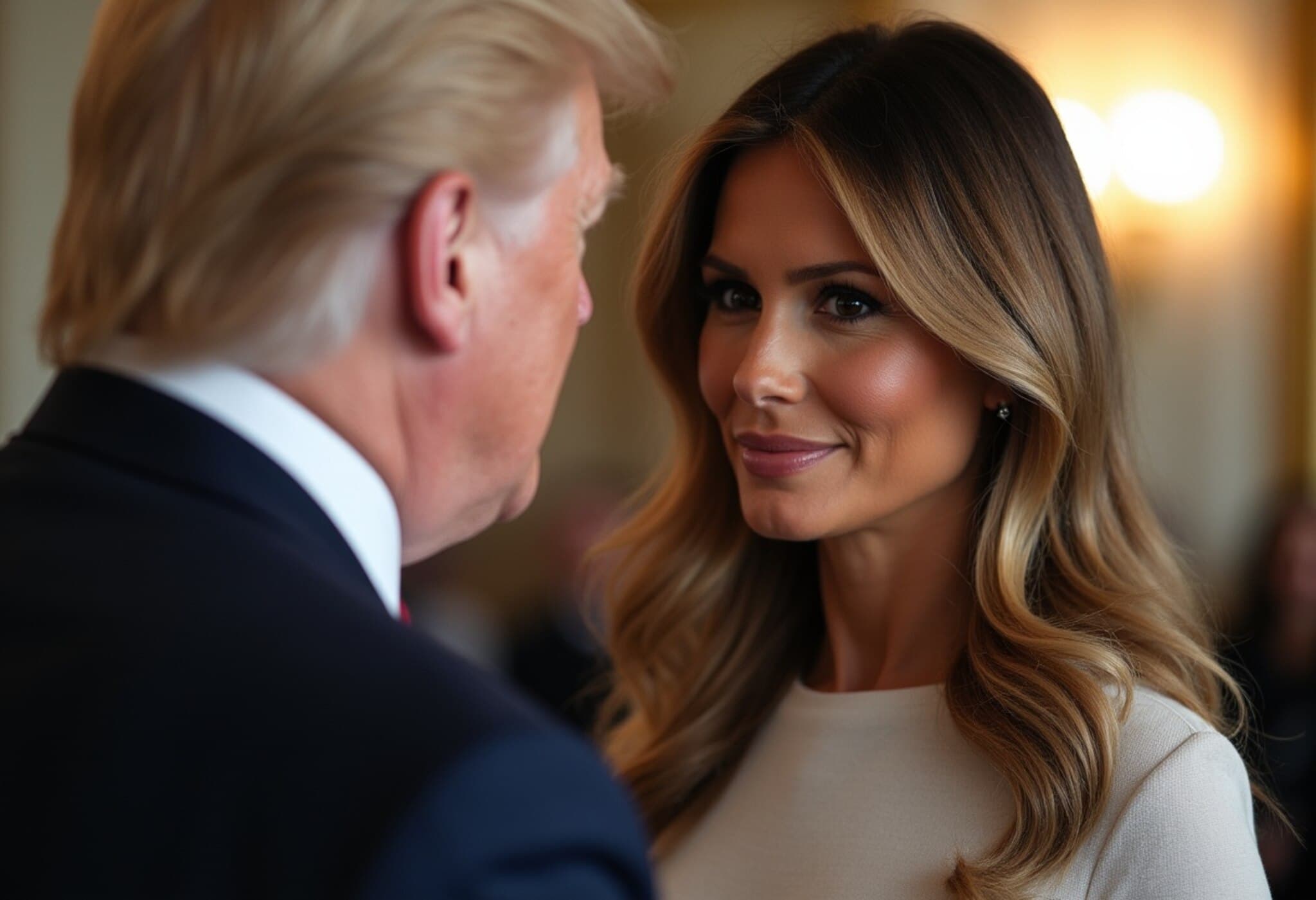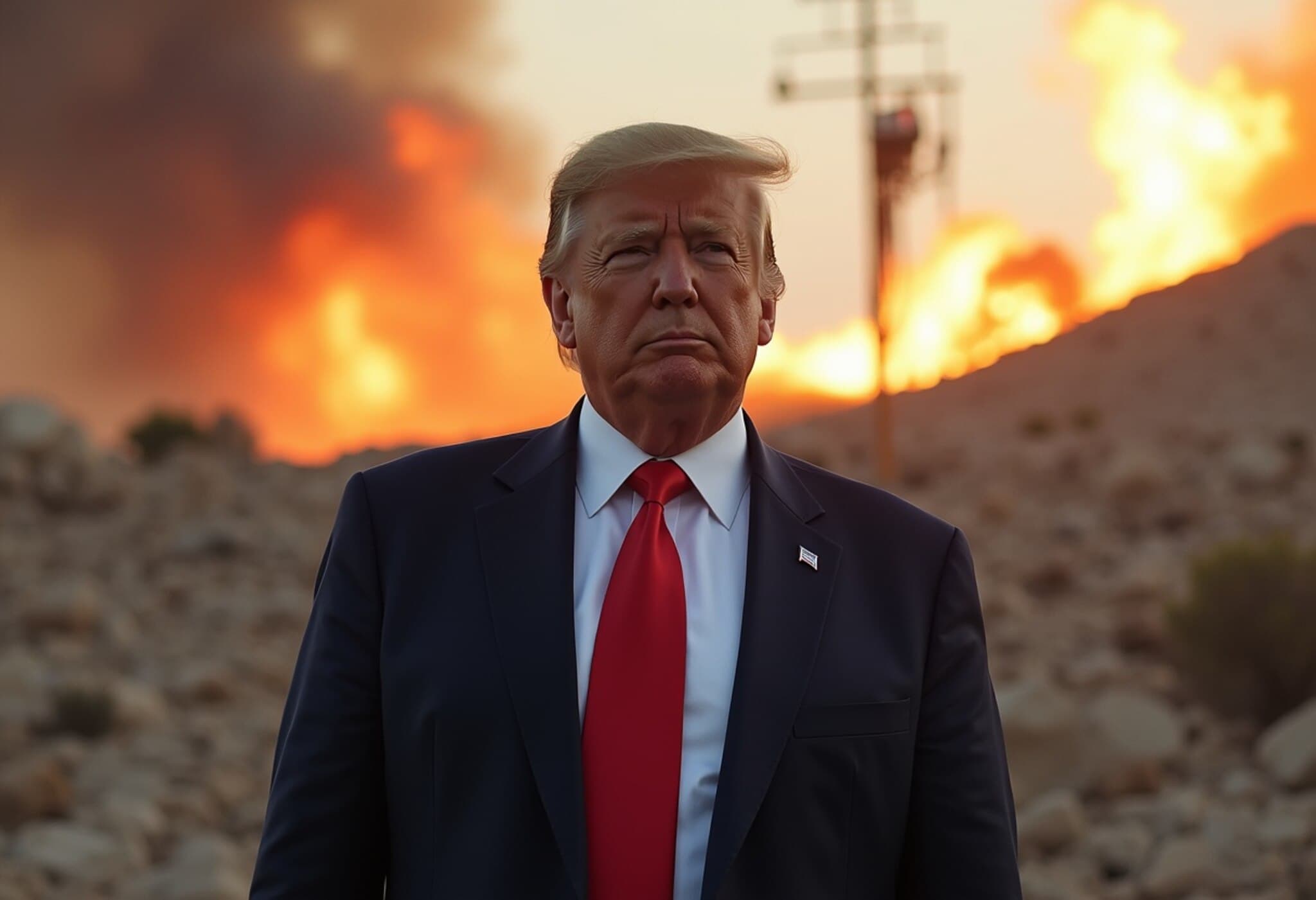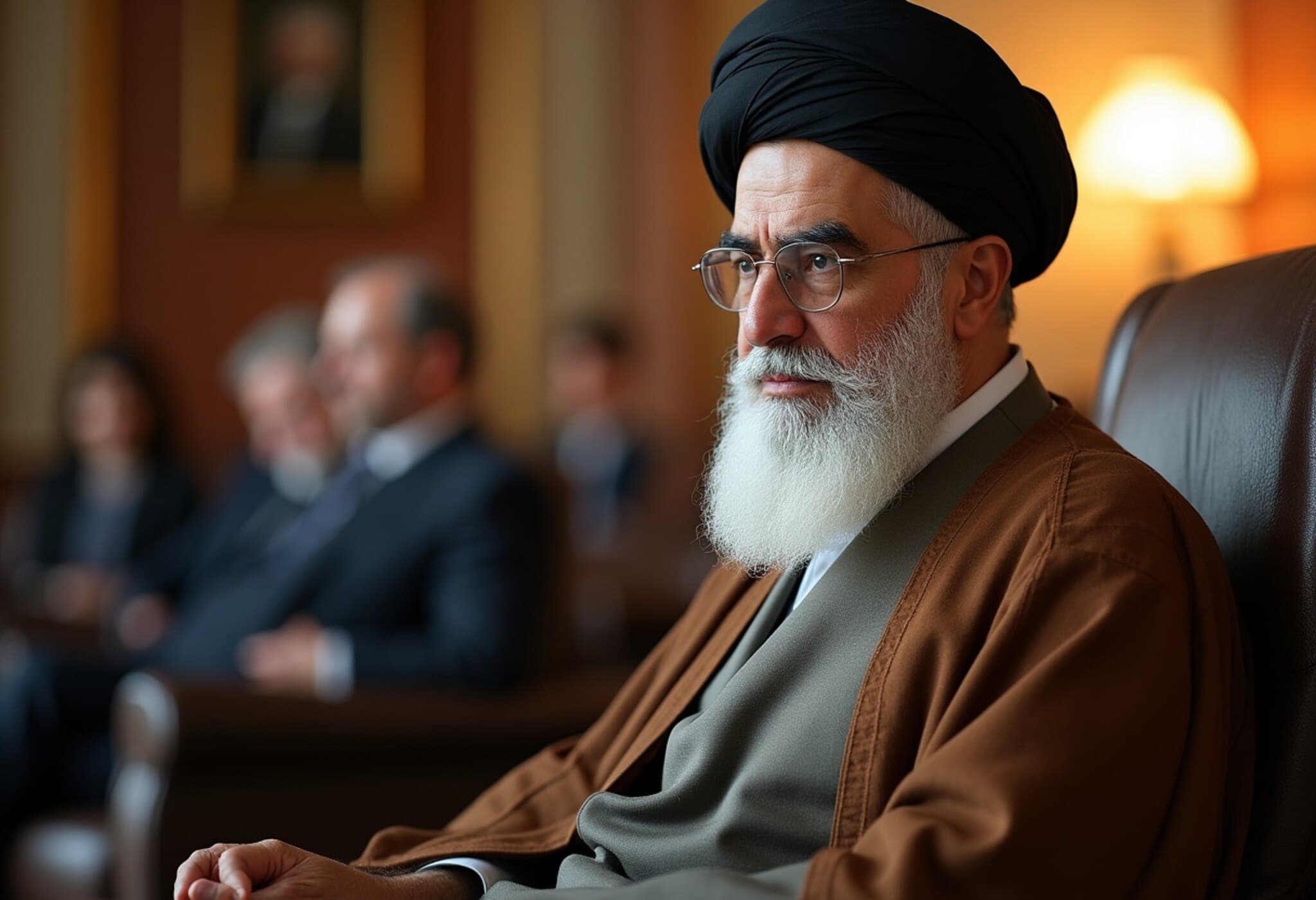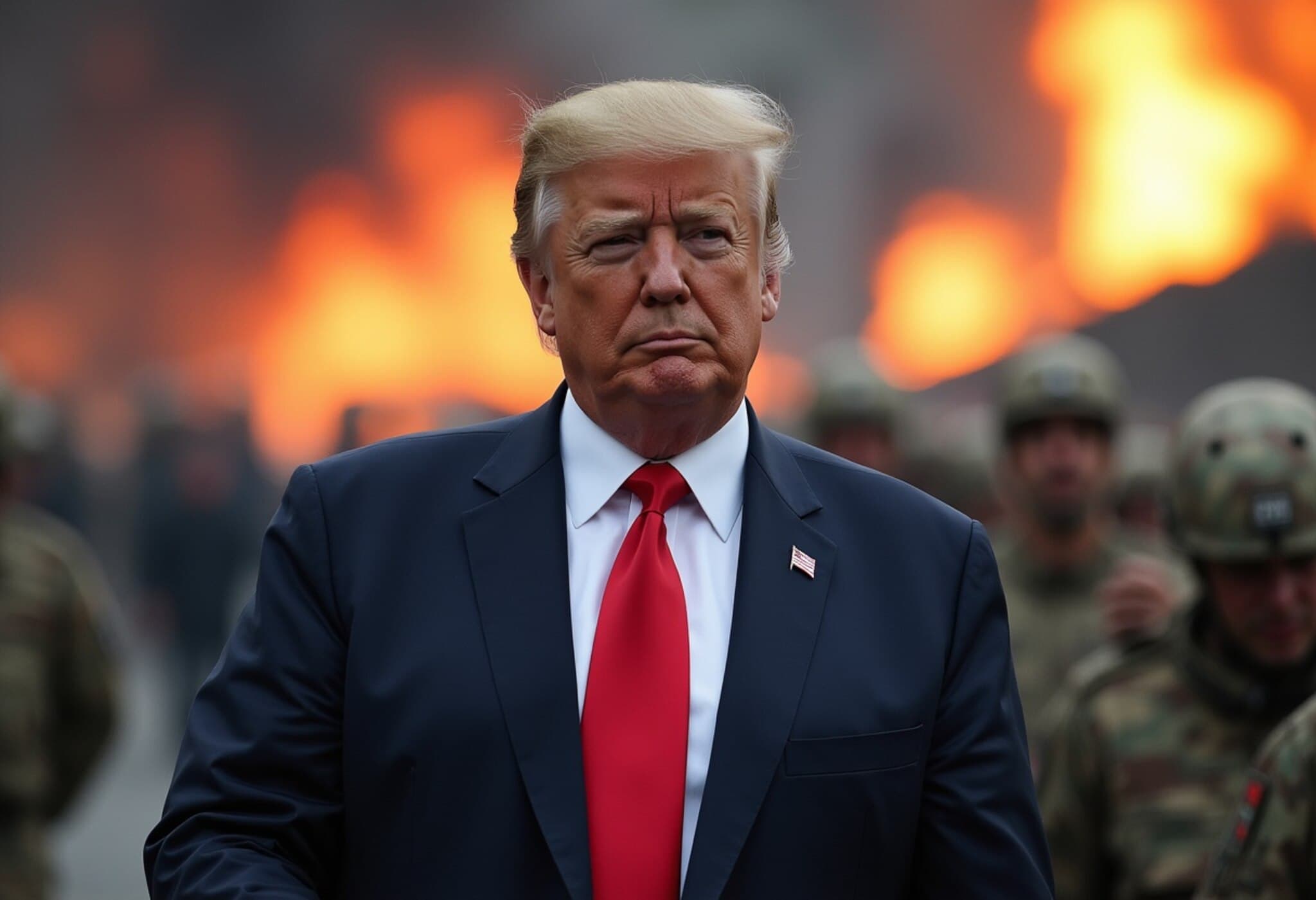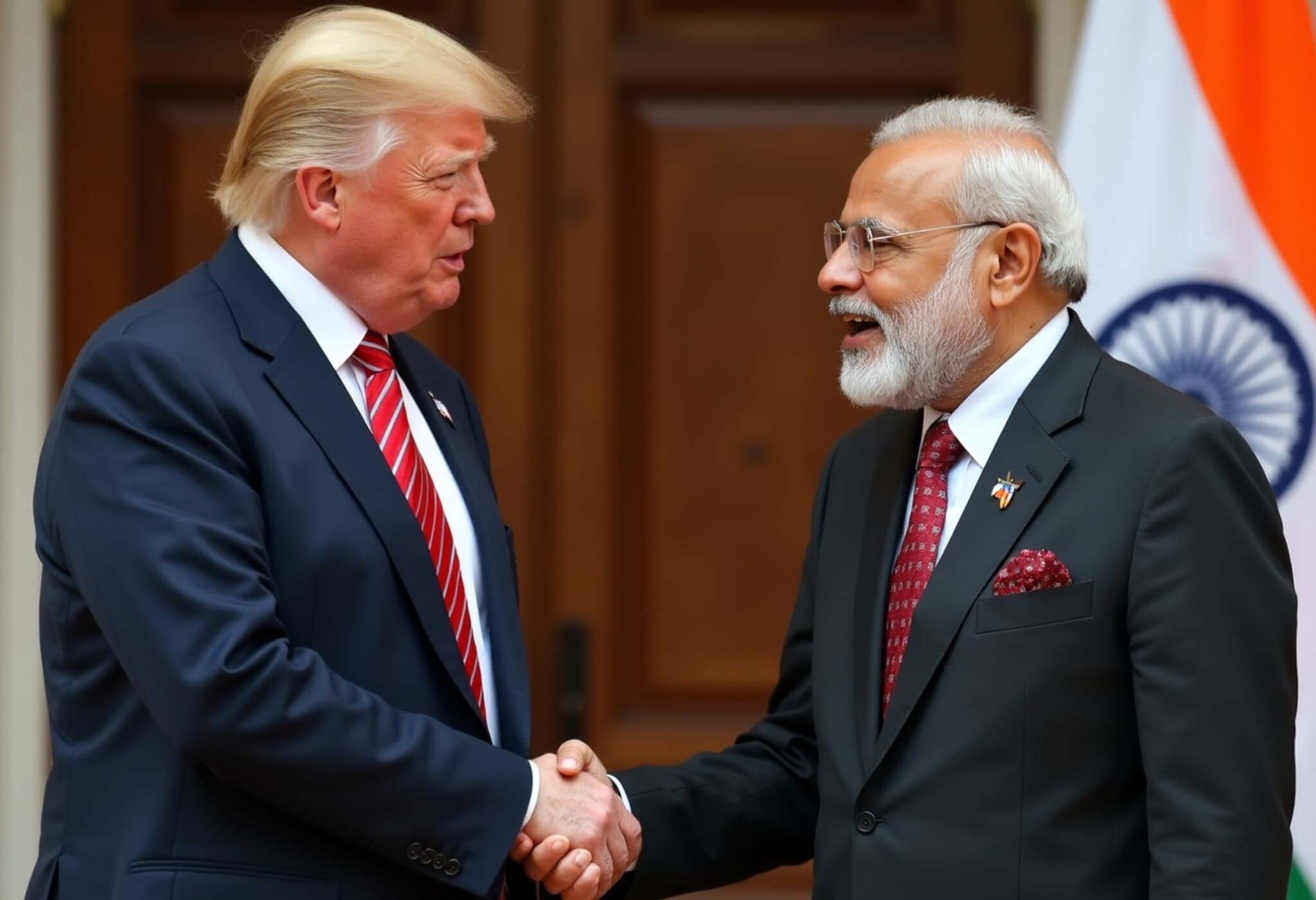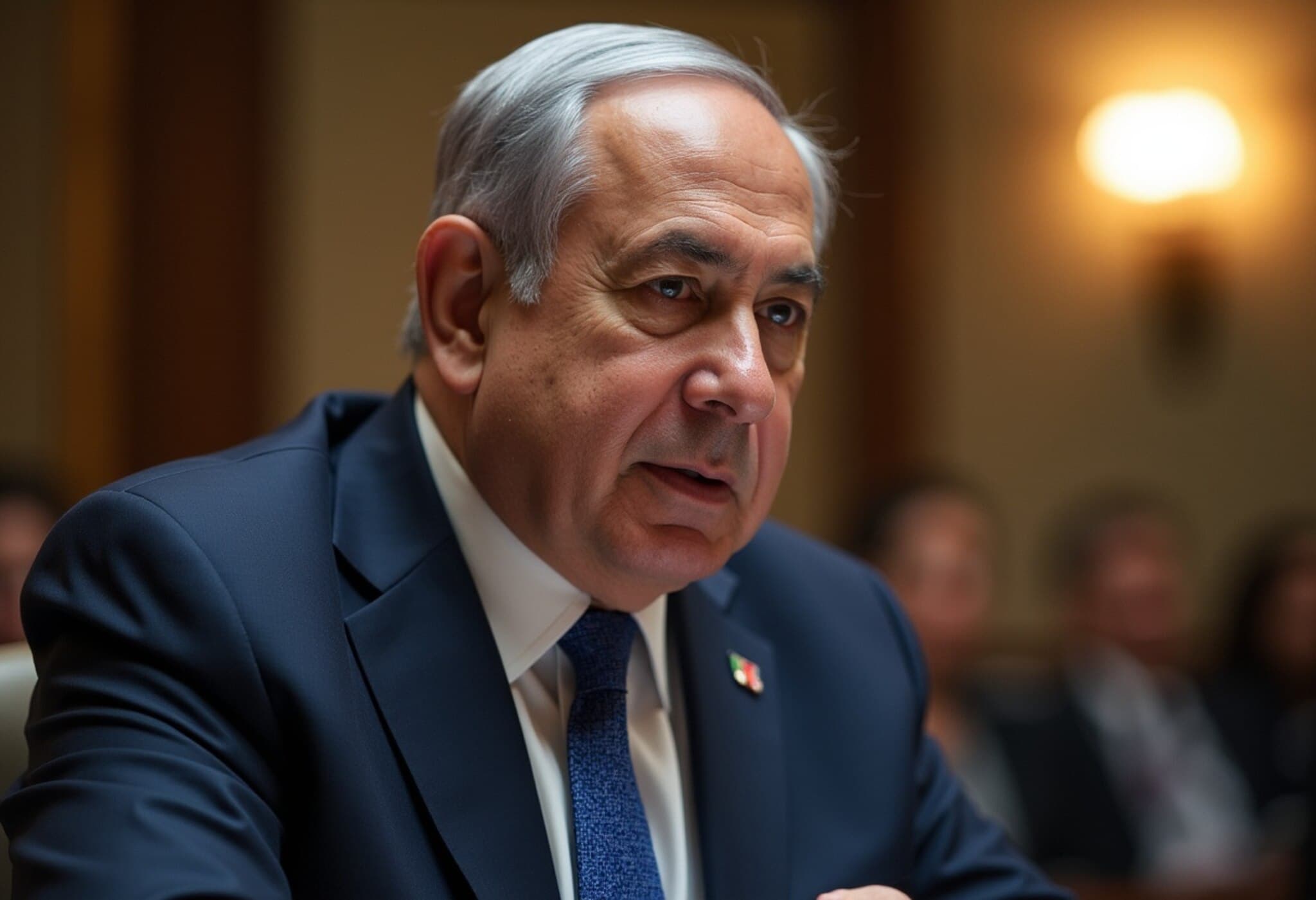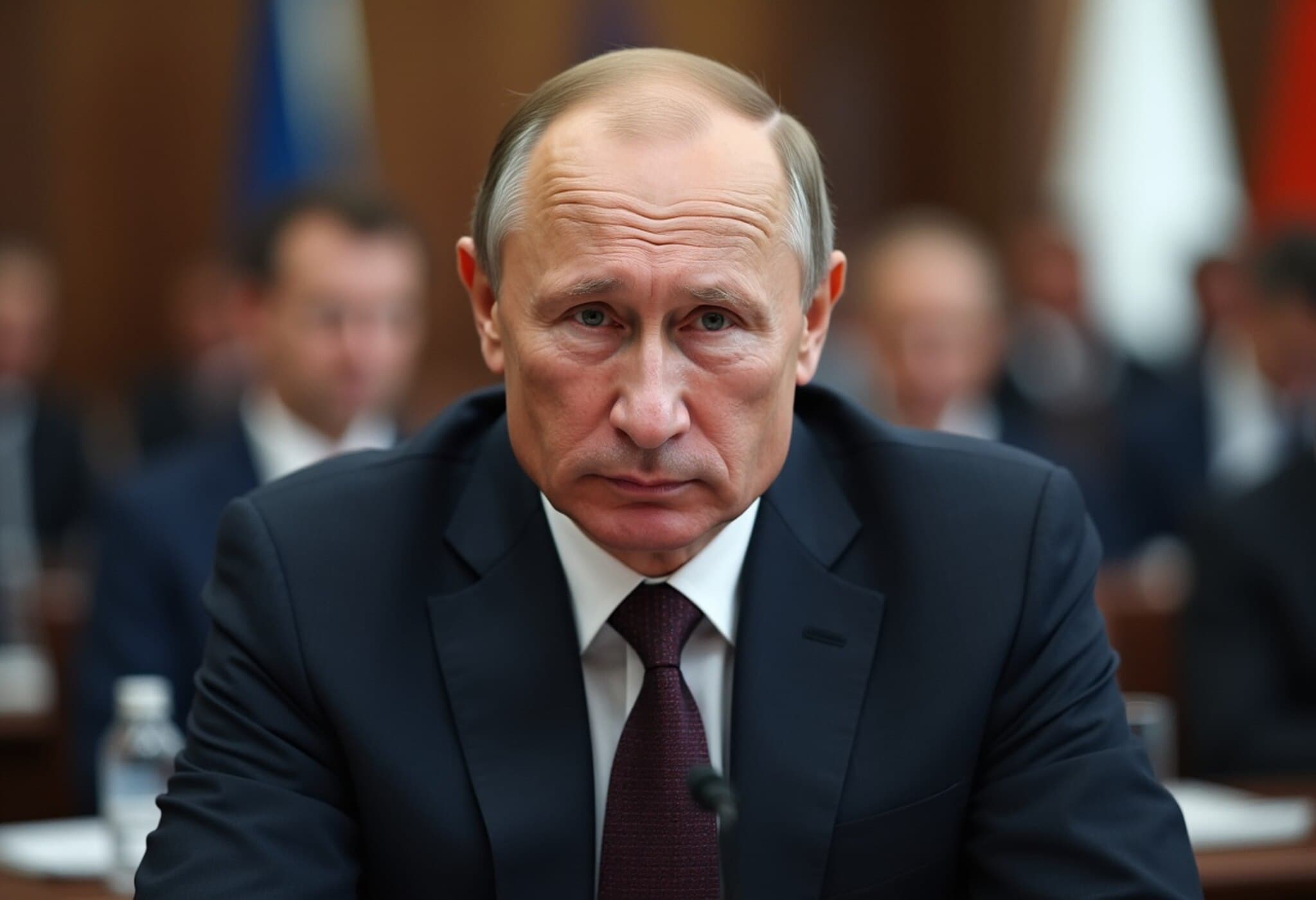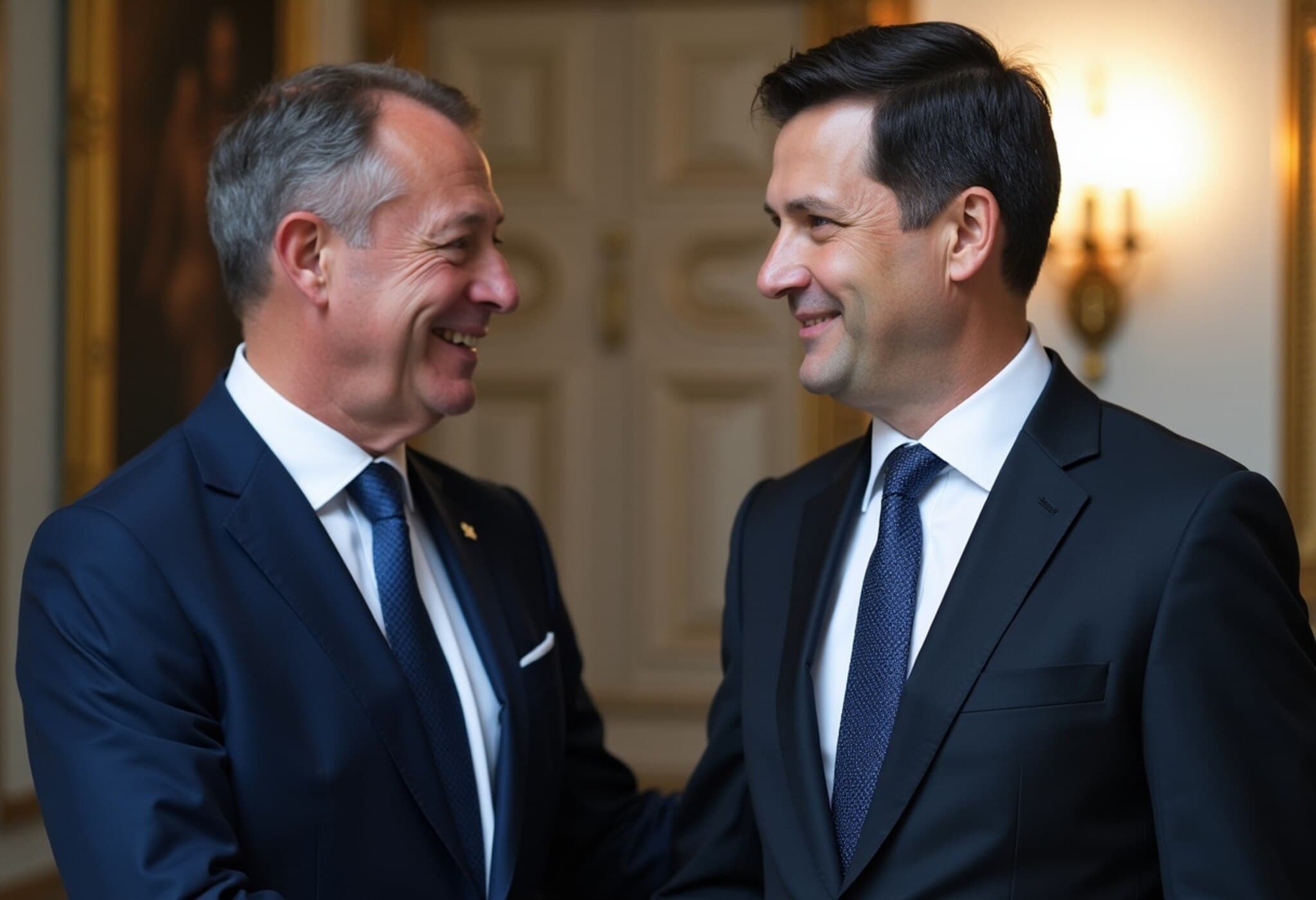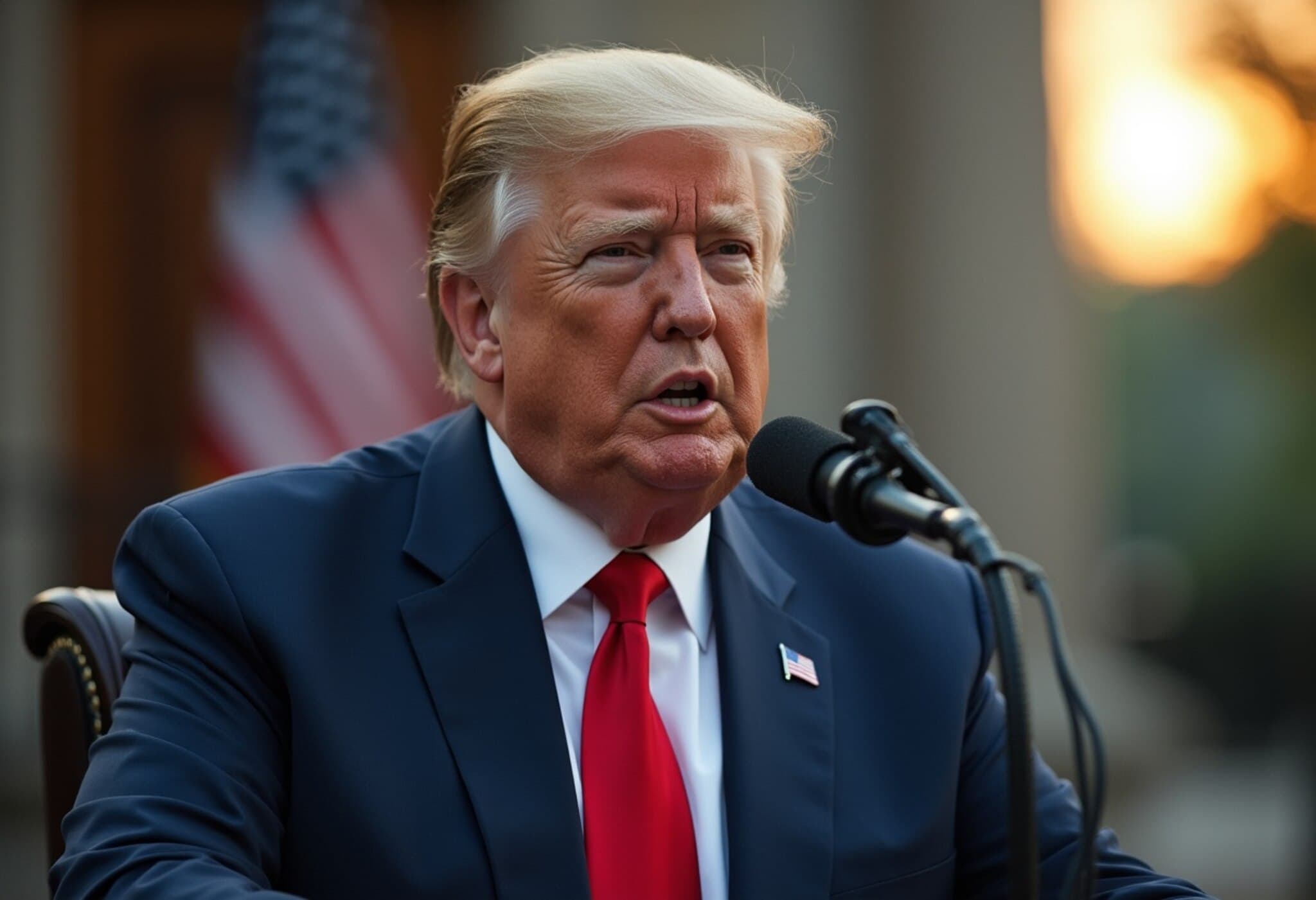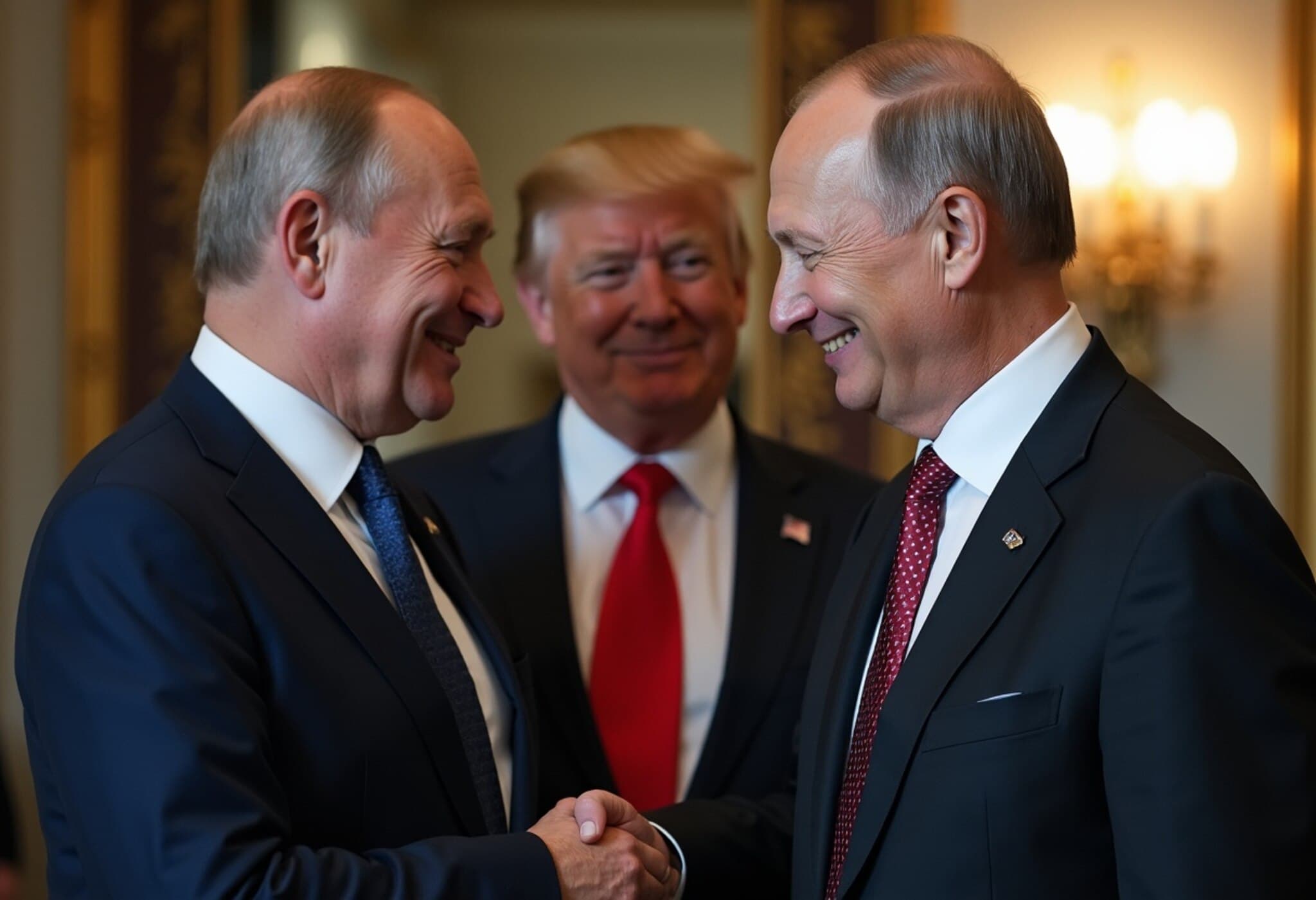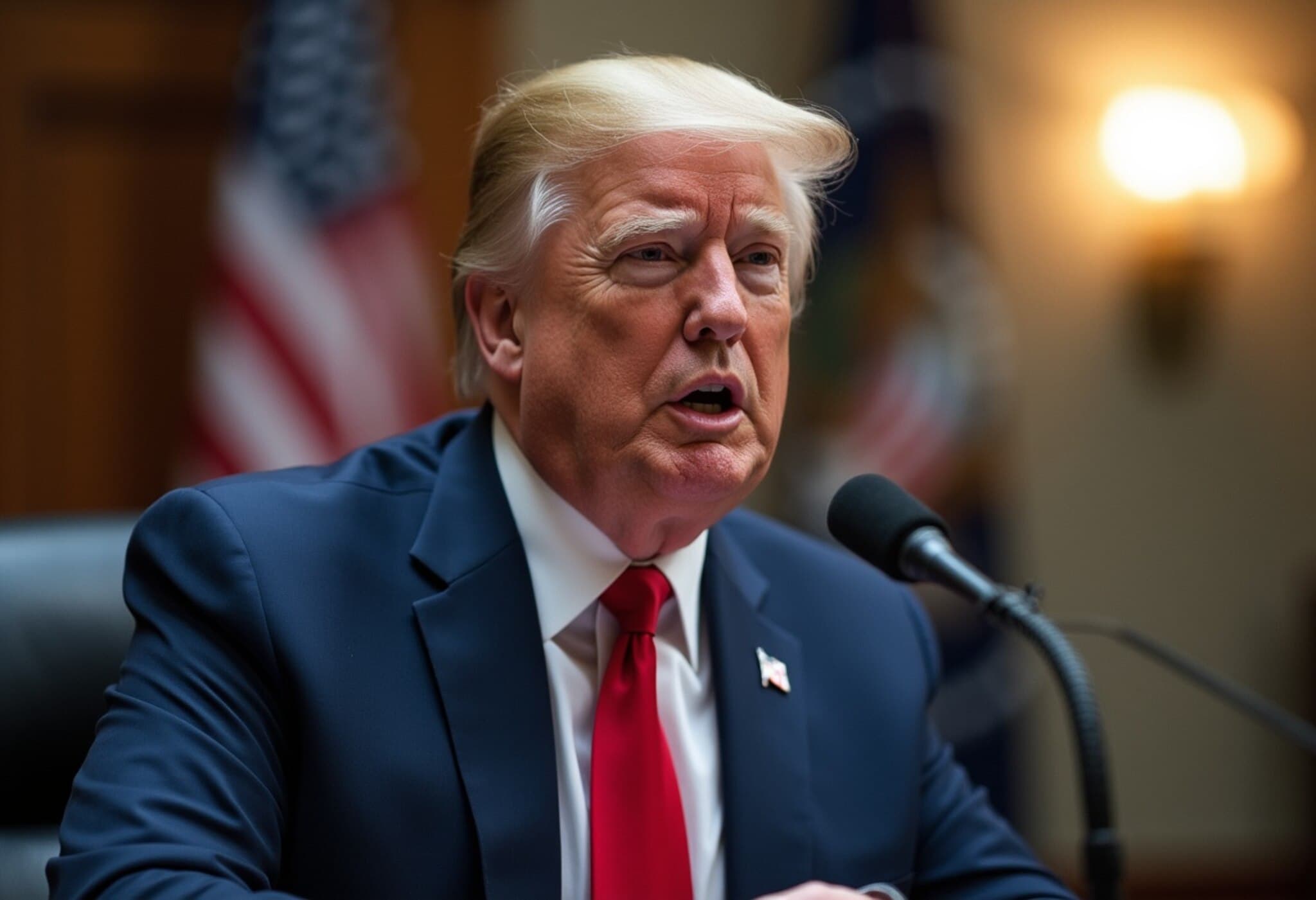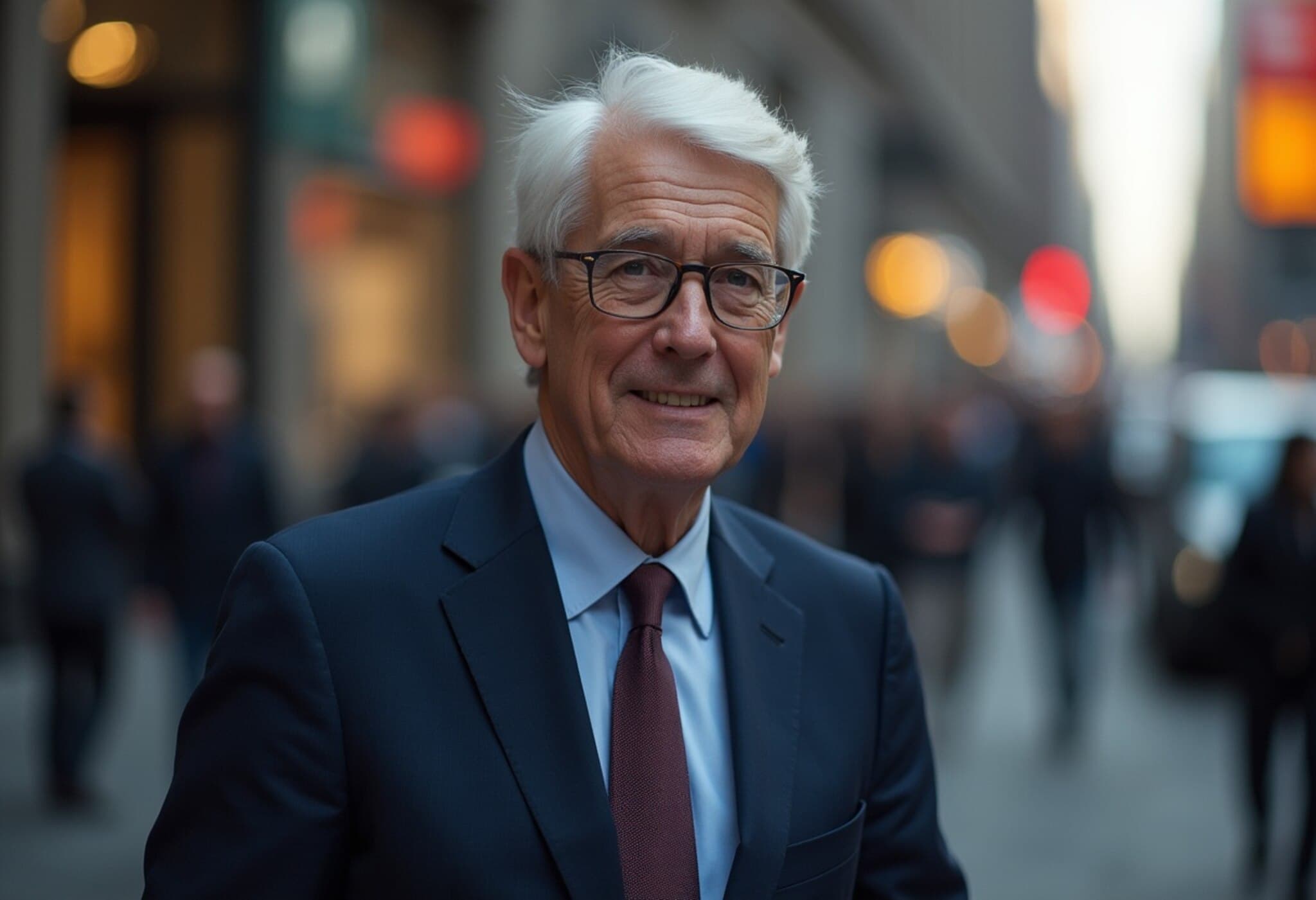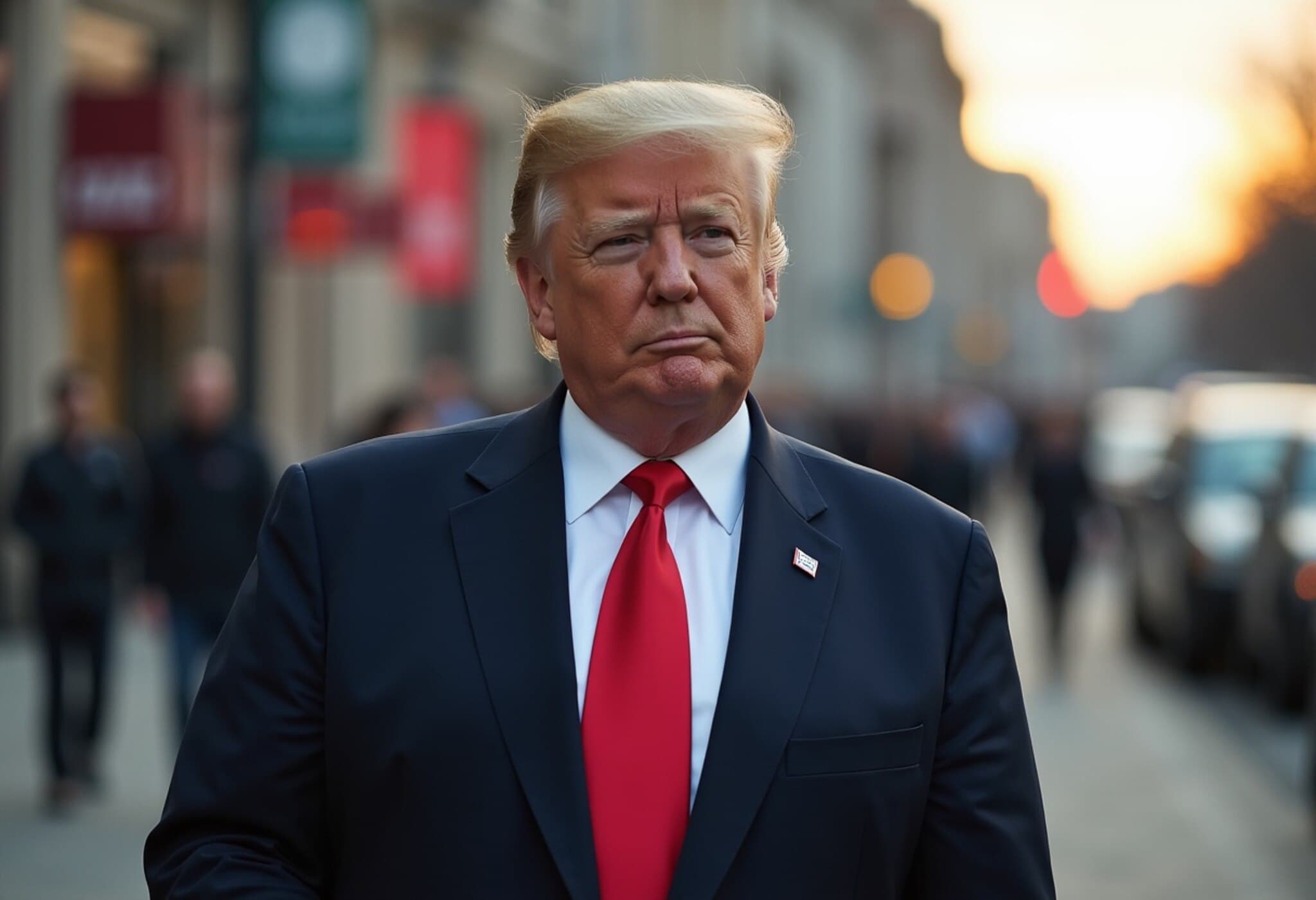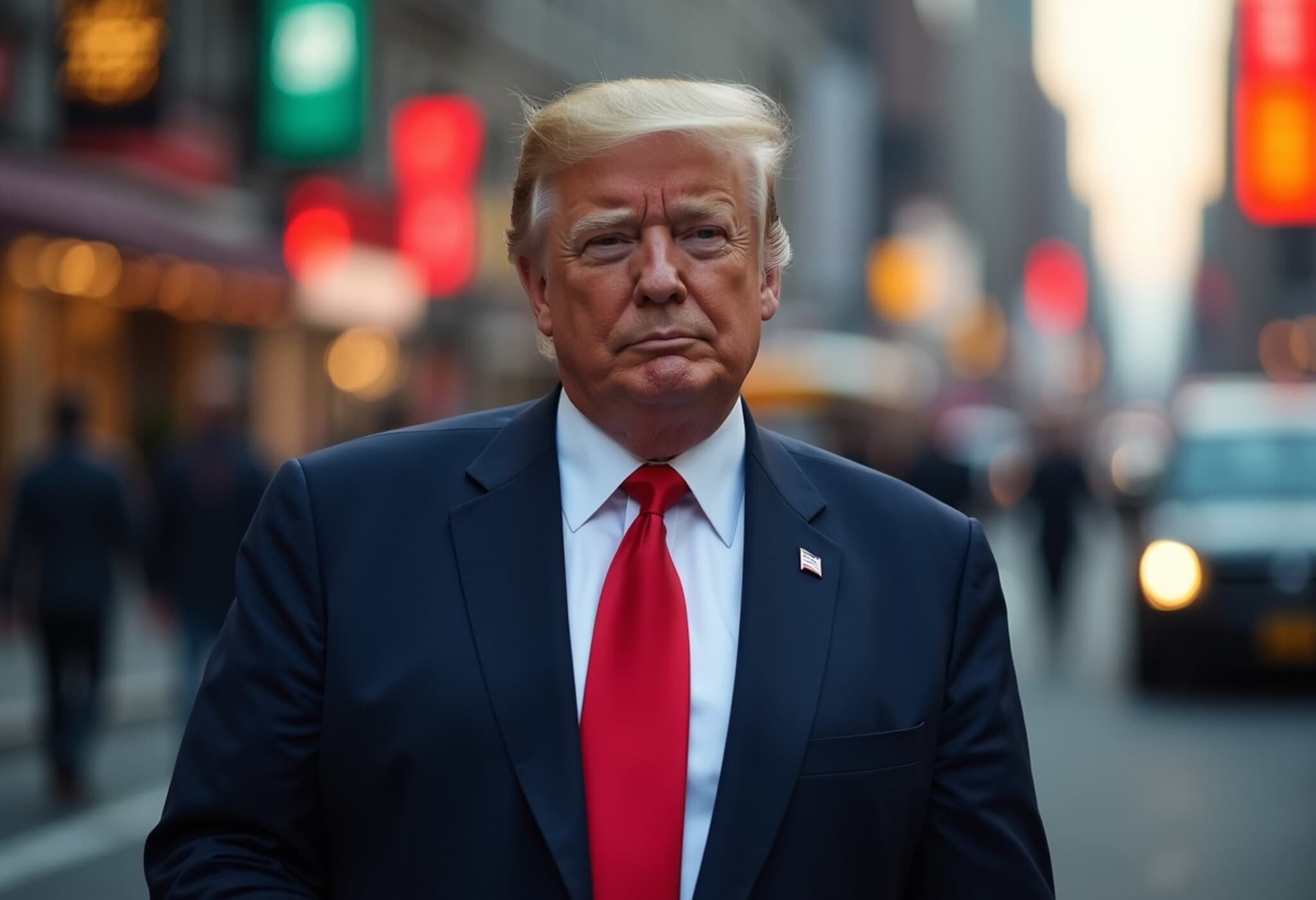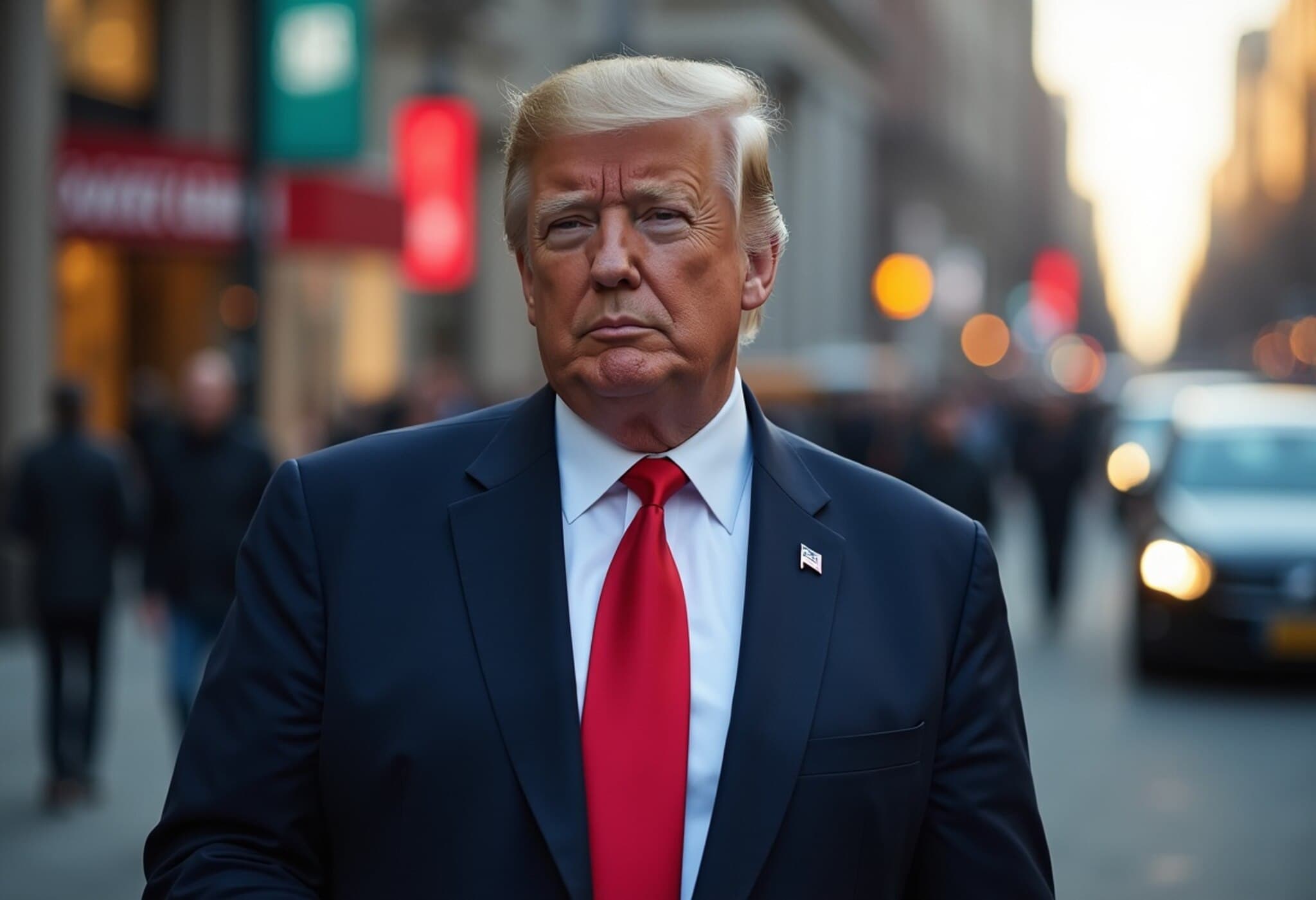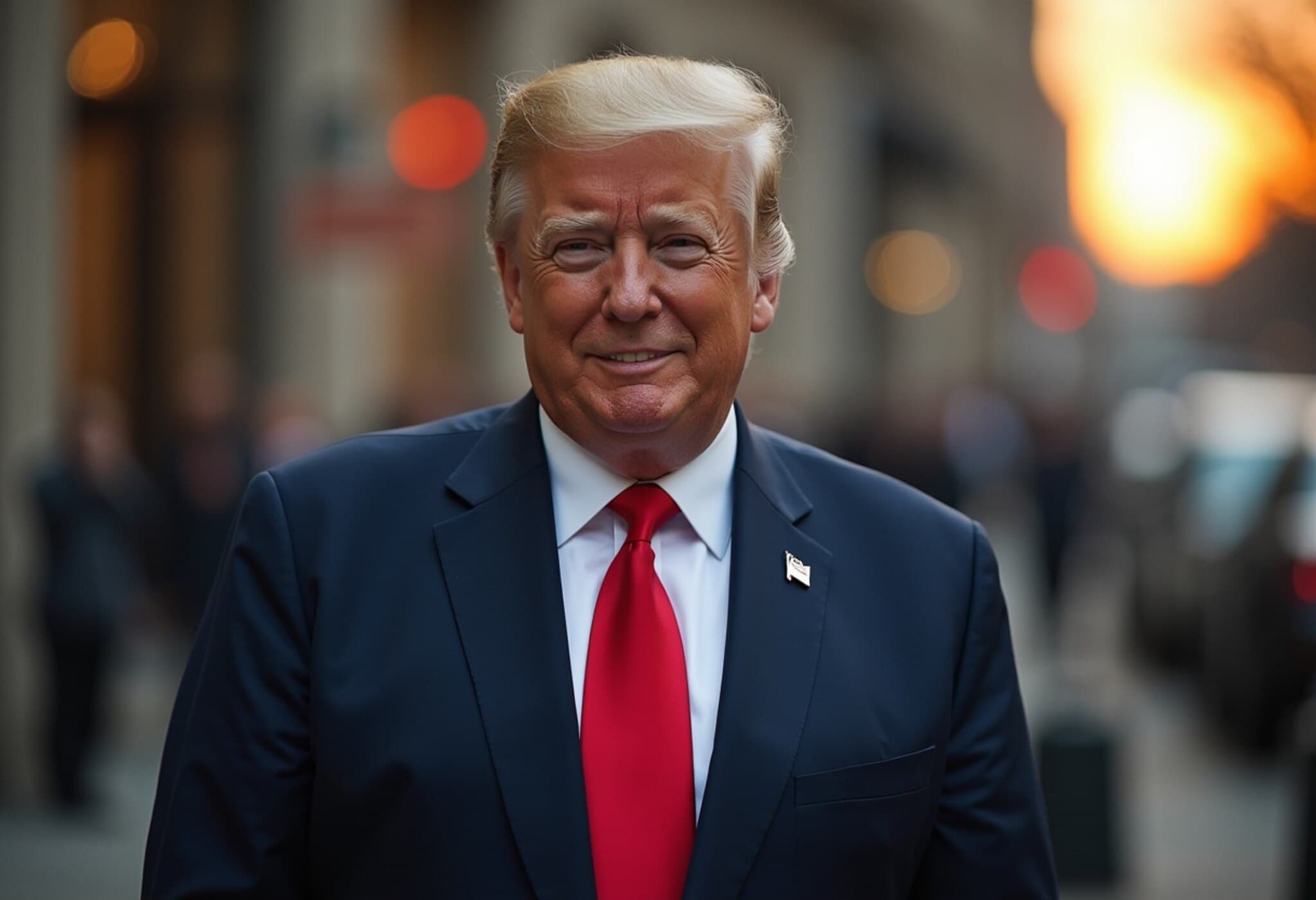Melania Trump’s Role in Shaping US Policy on Russia-Ukraine Conflict
In a revealing disclosure, former US President Donald Trump credited First Lady Melania Trump for influencing his shift towards a more assertive policy against Russia amid the ongoing Russia-Ukraine war. His renewed resolve to ramp up military aid to Ukraine and intensify economic pressure on Moscow was, in part, shaped by Melania’s candid observations of the war’s brutal toll.
From Optimism to Action: A Personal Perspective
During a Monday meeting with NATO Secretary General Mark Rutte at the White House, President Trump recounted how his initial optimism following phone calls with Russian President Vladimir Putin was challenged by Melania’s stark reminders of the conflict’s harsh realities. ‘‘I told the First Lady I had a wonderful talk with Vladimir,’’ Trump said, ‘‘and she responded, ‘Another city was just hit.’’’ This phrase struck a chord with the president and contributed to his decision to increase military support for Ukraine.
Elaborating in an interview with the Daily Beast, Trump reflected on the repeated cycles of hope and disillusionment: ‘‘I’d come home saying, ‘We’re finished,’ after a great chat with Putin, only to learn from Melania or the news that a nursing home had just been bombed.’’ This juxtaposition of diplomatic optimism and on-the-ground violence highlighted the complexity of the conflict and the limits of dialogue with Putin.
Stepping Up: Billions in Aid and Economic Sanctions
Following these realizations, Trump announced a commitment to provide billions of dollars in weapons to Ukraine, signaling a significant escalation in US involvement. Additionally, he warned of punitive economic measures if Russia did not agree to a ceasefire within 50 days.
- Trump proposed 100% tariffs on Russian imports as a leverage tool, calling for ‘‘very severe’’ and ‘‘secondary tariffs’’ in the absence of a deal.
- He described trade sanctions as an effective instrument to ‘‘settle wars,’’ emphasizing a pragmatic approach to economic statecraft.
This stance marks a distinct pivot from earlier phases of the conflict, reflecting both growing frustration with stalled peace efforts and a recognition of hard realities on the ground.
Diplomatic Movements and Regional Implications
The announcement coincided with ongoing diplomatic efforts, including a visit by Trump’s special envoy to Ukraine and Russia to Kyiv, meeting President Volodymyr Zelenskyy to discuss potential pathways toward resolution.
Notably, Melania Trump’s influence carries personal resonance given her Slovenian roots. Since Russia’s 2022 invasion of Ukraine, Slovenia has actively distanced itself from Moscow, with tragic consequences such as the destruction of its consulate in Kharkiv by a Russian airstrike.
Underreported Narrative: The Quiet Influence of First Ladies on Foreign Policy
While First Ladies often remain behind the scenes, Melania Trump’s impact in this instance underscores a sometimes overlooked channel through which presidential decisions are shaped—private counsel at home. Her reaction serves as a reminder that geopolitical judgments are not made in isolation but are influenced by deeply human responses to conflict and suffering.
Online, pro-Ukraine advocates welcomed this glimpse into the White House dynamics, hailing Melania as a quiet yet powerful voice advocating for stronger action against Russia.
Looking Forward
As the conflict enters its fourth year, the US government’s tougher policy stance, including substantial military aid and aggressive economic sanctions, could have significant ramifications for the war’s trajectory. The integration of personal conviction and strategic policy decisions adds a nuanced layer to understanding American foreign policy amid global crises.
Editor’s Note
This revelation about Melania Trump’s role encourages reflection on the intimate, often unseen influences shaping high-stakes foreign policy decisions. It prompts critical questions about how personal experiences and relationships intersect with public leadership, especially in conflicts with profound humanitarian impact. As economic sanctions and military aid remain pivotal tools in geopolitical strategy, their effectiveness hinges not only on governmental resolve but also on the moral compass guiding those in power. Readers are invited to consider the broader implications of this dynamic — how personal empathy can translate into geopolitical action, and what that means for the future of global diplomacy.

